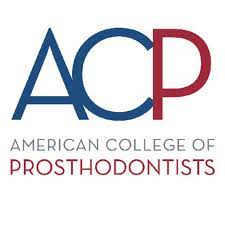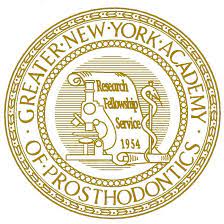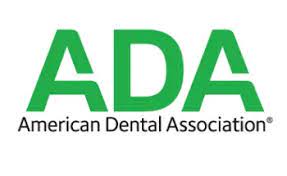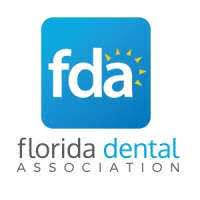Fighting disease is stressful; nothing is harder than waiting until your body gets better, and seeing as it fails you can be especially heart-crushing. During this time, the last thing you’d want to add to your list of concerns is visiting a Coral Gables Dentist to ensure your dental health is up-to-date.
However, some prescription medications can seriously harm your teeth, adding to your list of troubles and making you feel like the entire world is falling on your shoulders. To help you navigate recovery while reducing the possible damage brought upon by medication’s side effects, we came up with this article.
Here, we’ll explain how certain prescription medications and other substances can harm your teeth and gum tissue and what you can do to prevent it.
Let’s go!
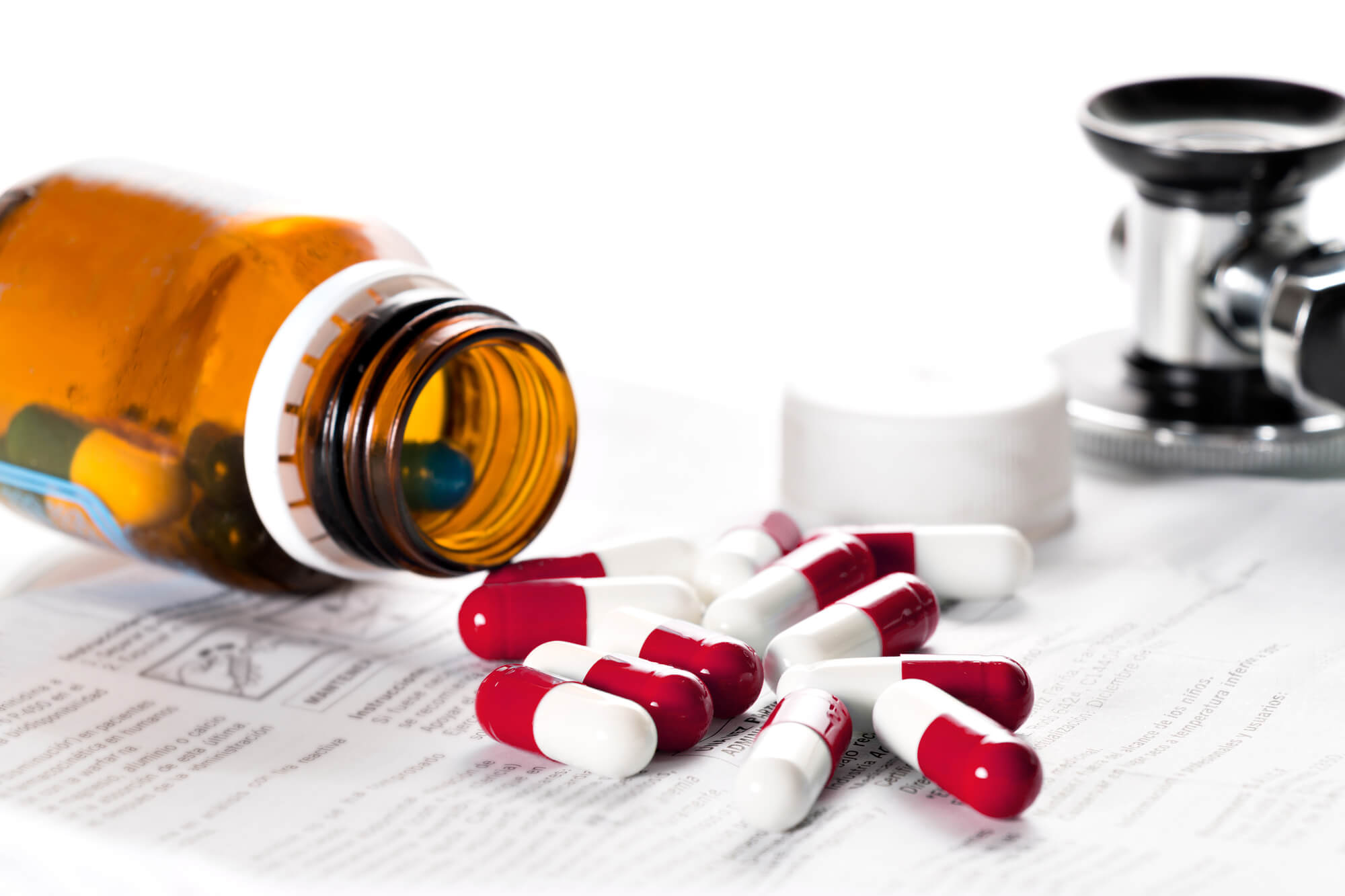
Prescription medications are necessary for treating many illnesses, but they may have unexpected side effects. Oral health is not an exception. Depending on the type, dosage, and length of use, drugs can have a wide range of effects, from minor symptoms like dry mouth to more serious conditions like gum disease or tooth decay.
While you’re in the middle of a treatment, these issues may be easy to oversee. However, dental problems can have long-lasting effects on your overall health, like causing infections that spread to your bloodstream, or even increasing the chances of developing heart disease.
If you’re battling a life-threatening illness, this is the last thing you need. That's why implementing preventive measures to safeguard dental health is so important. And the first step in doing that is understanding the particular risks connected to common medications.
Xerostomia, or dry mouth, is a common side effect of many medications. This disorder is caused by insufficient saliva production by the salivary glands, which leaves the mouth feeling dry.
Saliva contains chemicals that fight disease, neutralize acids produced by bacteria, and wash away food particles, making it crucial for maintaining oral health. Patients suffering from dry mouth have an increased risk of gum disease, tooth decay, and oral infections.
Many medications have the potential to lower immune function as a side effect, which increases the risk of gum disease and oral infections. For example, immunosuppressive drugs may make it more difficult for the body to fight off bacterial gum infections.
These drugs are used to prevent organ transplant rejection or to treat autoimmune diseases.
Certain medications have acidic or sugary ingredients that can erode tooth enamel and cause tooth decay. This is especially true for liquid medications with high sugar content, such as some cough syrups.
Oral bacteria subsequently convert these sugars into acids that weaken tooth enamel. Moreover, medications that cause vomiting, like chemotherapy drugs, can expose teeth to stomach acid and worsen enamel erosion.
Bruxism, or teeth grinding, can result from using certain stimulants, such as methamphetamine for recreational use and prescription drugs for ADHD (Attention Deficit Hyperactivity Disorder).
If treatment is not received, this condition can seriously wear down teeth, resulting in fractures, sensitivity, and possibly even tooth loss.
Some medications also lead to tooth discoloration.
For example, tetracycline antibiotics permanently discolor developing children's teeth. Other medications, including antipsychotics, antihistamines, and some blood pressure treatments, can also cause tooth color changes.
The medication class known as bisphosphonates, which is used to treat osteoporosis and some cancers, has been linked to jaw osteonecrosis.
This dangerous ailment causes the jaw's bone tissue to die, which can result in severe infections and tooth loss. Patients receiving these medications need to have their dentist and physician closely monitor them.
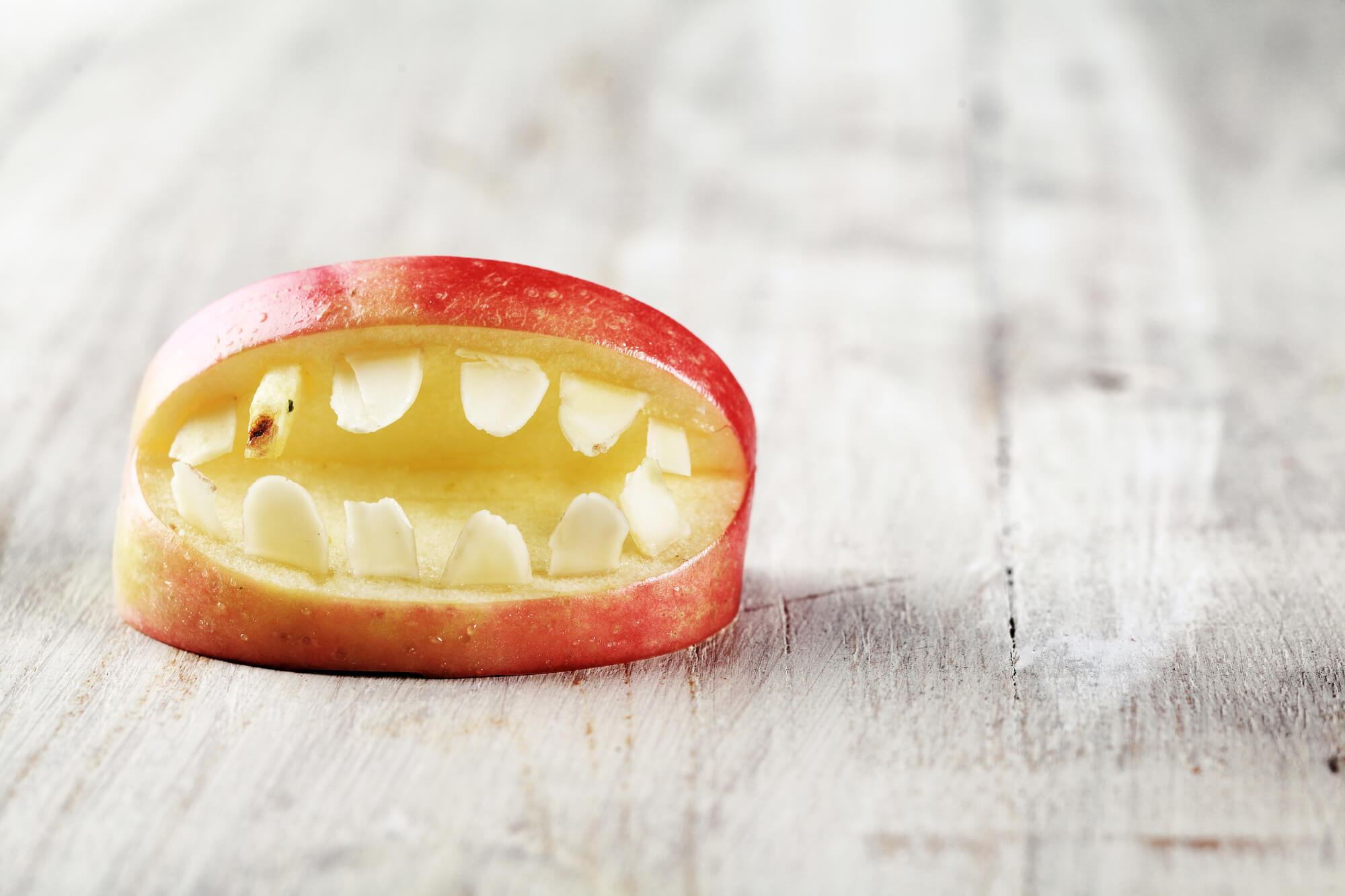
As you can see, there are several oral health conditions that can emerge or exacerbate by taking medications. If you’re undergoing any treatment, you probably want to know if this may be the case for you, and if so, what you can do about it.
To help you with that, here’s a breakdown of some common prescription medications and their potential side effects.
Certain medications, such as beta-blockers, diuretics, and calcium channel blockers, used to treat hypertension can cause gum overgrowth and dry mouth, or gingival hyperplasia. In this condition, the gums enlarge, increasing the risk of gum disease and making it difficult to maintain good oral hygiene.
Decongestants and antihistamines, which are frequently prescribed to treat colds and allergies, can cause dry mouth and reduce salivary flow. When combined with poor oral hygiene, the long-term use of these medications can worsen problems related to oral health.
Treatments for cancer, such as radiation and chemotherapy, can have a significant impact on dental health. Severe dry mouth, mouth sores, infections, taste changes, and an elevated risk of gum disease and tooth decay are all possible side effects of these treatments.
Moreover, radiation therapy directed towards the head and neck region can harm the salivary glands permanently, leading to chronic dry mouth.
Epilepsy medications like phenytoin, which is used to treat temporal lobe, tonic-clonic, and psychomotor seizures, can induce gingival hypertrophy. This causes the gums to swell and bleed. If left untreated, this condition makes it difficult to practice good oral hygiene and can lead to gum disease.
While the side effects of medications on dental health can be concerning, there are strategies you can employ to mitigate the risks associated with your treatment. Here are our professional tips to help you maintain good oral health during long-term treatment.
As you may’ve noticed, most medications we’ve mentioned make your mouth more prone to decay and gum disease. In this environment, maintaining optimal oral hygiene can help combat the dangers brought upon by their side effects.
Brush your teeth at least twice a day with fluoride toothpaste and floss daily to remove plaque and food particles that can contribute to tooth decay and gum disease. You might also consider adding a fluoride or antimicrobial mouthwash to your dental routine to help lessen oral bacteria and strengthen your tooth enamel.
Drinking plenty of water is important to combat dry mouth, stay hydrated, and keep your mouth moist. Besides this, water helps flush any remaining food particles or other substances that may lead to cavities.
To stimulate saliva production, you can consider chewing sugar-free gum or sucking on sugar-free candies. Another option is consulting your dentist about artificial saliva products or substitutes if your dry mouth persists.
If you’re going through an illness or health condition, chances are high that your go-to healthcare provider will give you a restricted diet to keep your body in optimal condition. Still, it’s worth mentioning that you can benefit from limiting the number of sugary foods and drinks you consume daily.
Instead, opt for cheese, nuts, and raw veggies, as these snacks are less likely to damage your teeth and may even help balance out acid in the mouth.
If you grind your teeth at night, your dentist may recommend wearing a nightguard to protect your teeth from damage. This acts like a cushion between your upper and lower teeth, receiving the impact and preventing erosion.
Healthcare providers can always offer better treatment when we work together.
It is crucial that you provide your dentist with an exhaustive list of all the medications you take, including over-the-counter medications and supplements. This information will allow us to give you the best treatment and recommendations possible.
You can also talk to your doctor about any side effects you experience from your medications, such as gum overgrowth, dry mouth, or other oral health problems. They might be able to change the medication you are taking or adjust your dosage so that it has less of an impact on your oral health.
Even if you’re battling a disease, try to make time and see your dentist regularly for cleanings and examinations at least once. Your dentist can monitor your oral health and treat any problems before they worsen.
Additionally, they can offer routine professional cleanings to help remove tartar and plaque accumulation, preventing gum disease and tooth decay. Or they may suggest preventive treatments like fluoride procedures.
These help strengthen your teeth and guard against decay, particularly if you are more susceptible to dry mouth or other medication-related problems. Another option is protecting your back teeth by applying dental sealants to their chewing surfaces.
Dental sealants are a thin, protective layer that is applied to the chewing surface of your teeth in order to stop early tooth decay and prevent it from progressing further.
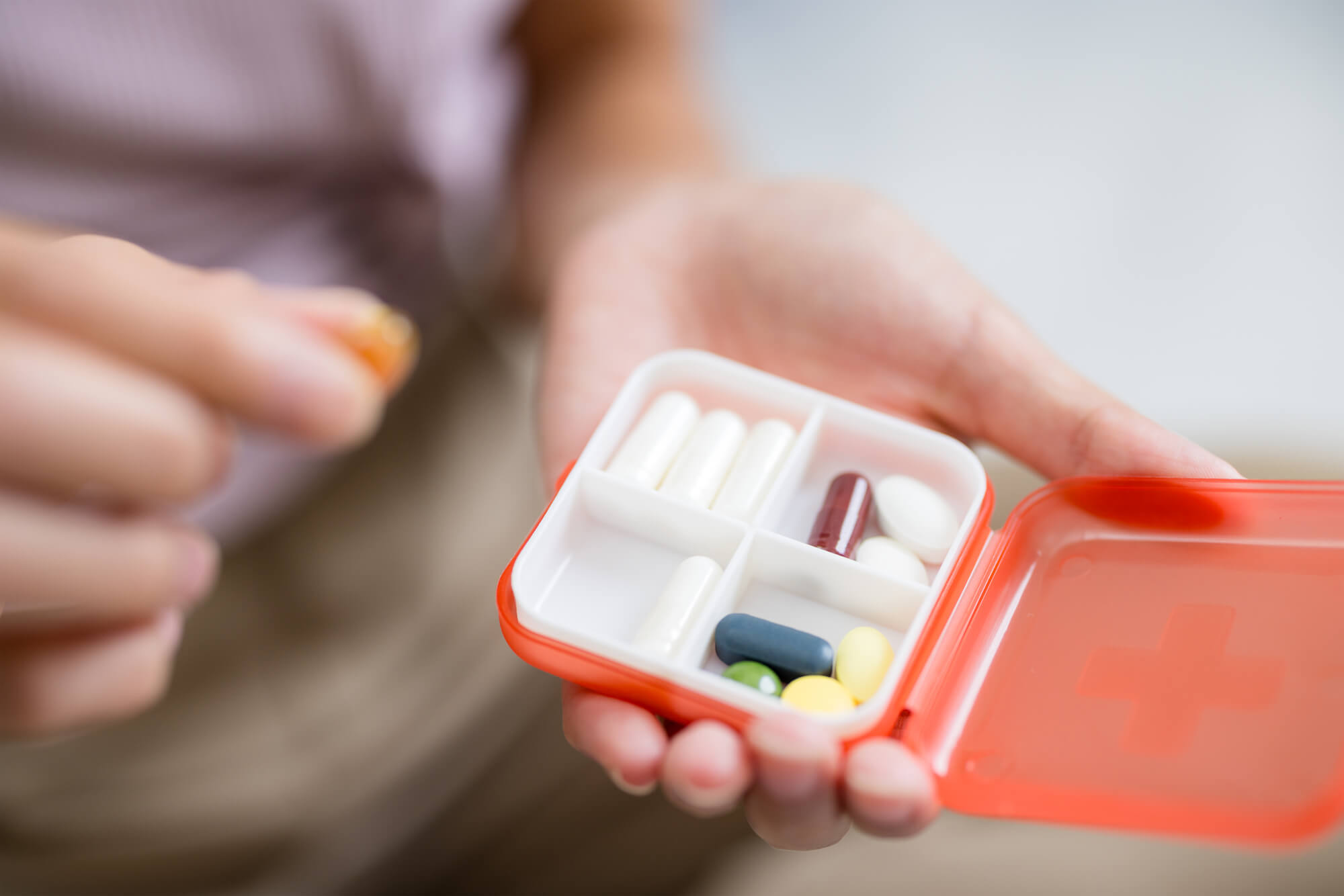
Drugs, whether prescription medications or other substances, can have a profound impact on dental health. From dry mouth and tooth decay to gum disease and more severe conditions like osteonecrosis, these side effects must not be overlooked.
Remember that even if things feel hectic right now, preventive care is crucial to avoid more stress and tears down the line. You have a long life waiting for you after you recover, and to live it to its fullest, having a healthy set of teeth is key.
Reach out and book an appointment with a Coral Gables dentist so that we can develop the perfect treatment for your needs!

We value your time, so we always run on schedule, respecting your commitments, with no double bookings and minimal wait times. Experience dentistry like never before in our award-winning clinic.

